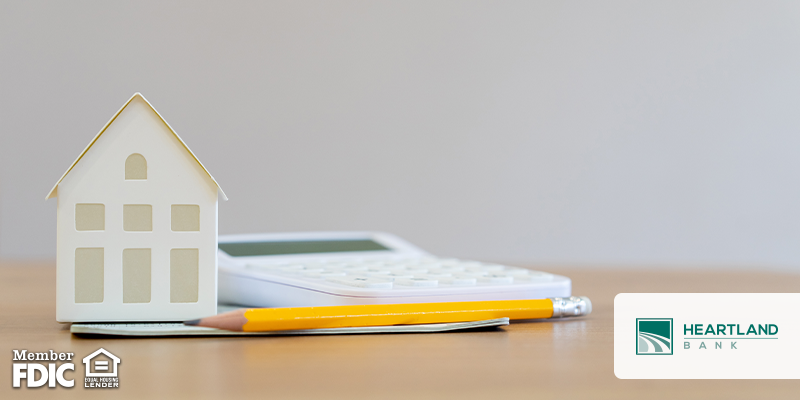
Seniors are a big target for cybercriminals since they often leave their devices and networks unprotected. No matter what age you are, there’s a good chance you find yourself using some sort of technology on a daily basis. Keep reading to make sure all of your cybersecurity bases are covered.
Common Ways Seniors Use the Internet
You may think the older generations are much more disconnected from the online world, but they use the Internet in a variety of ways all of the time:
- Managing finances online instead of at the bank
- Reading or watching the news
- Messaging or video chatting loved ones
- Shopping online
- Distracting themselves during free time
Why Are Seniors a High-Risk Group?
There are many reasons why seniors are an attractive target for cybercriminals. Here are a few:
- High likelihood to shop online
- Often not as tech-savvy
- Easily trust others online
- Less alert or less likely to notice a scam
How Can Seniors Stay Safe?
Implementing cybersecurity safety tips into everyday life can be quite simple and makes a world of difference. Make sure you’re following all of the below:
- Secure websites only: Before visiting a website and especially before making any purchases or entering information, check for the “https” at the beginning of the link. The “s” tells you that the site is secure, and if it’s not, your information is not always being kept private.
- Read messages/emails carefully: If you receive an email that looks suspicious, is too good to be true, asking for personal information or contains misspellings, there’s a good chance it’s a scam.
- Create strong and secure passwords: The most obvious way to keep your accounts and information private is by locking them. Using a different password for each account helps you avoid being hacked on multiple ends. Password managers are great for keeping everything organized.
- Keep your software updated: Enable auto-update in the settings section of the applications you use to ensure your apps are up-to-date and protected.
- Watch what you share: Social media is a great way to stay connected to family and friends and give important life updates. Make sure your profile is private, you’re friends with people you know and you don’t overshare personal information.
Seniors are no longer disconnected from the world of Internet, so cybersecurity has never been more important than it is today. Keep yourself, your friends and your family protected by following these effective tips to improve your safety online.










